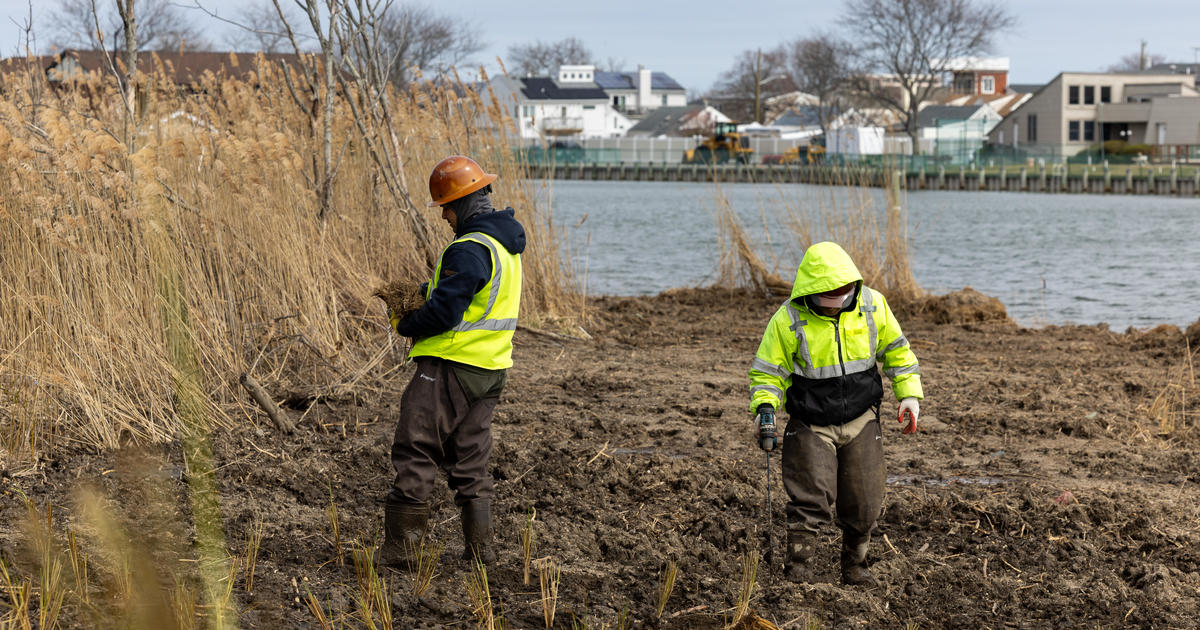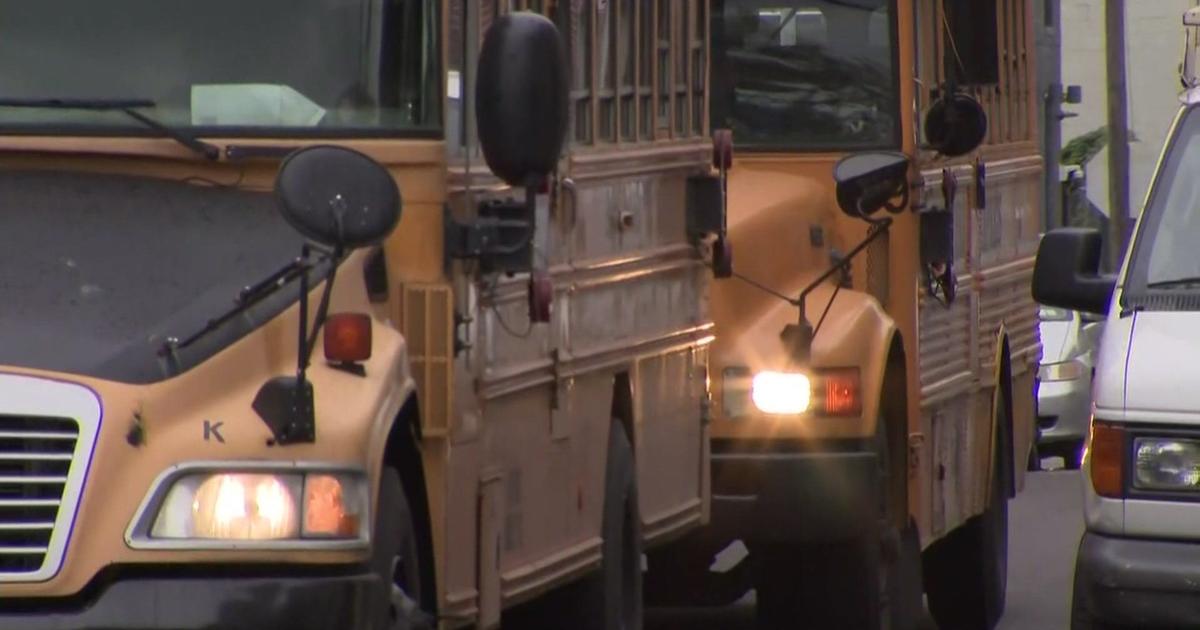Long Island Water Tested For Cancer Causing Chemical Found In Detergent
HICKSVILLE, N.Y. (CBSNewYork) -- Residents have made demands for swift and aggressive action after high levels of a possible cancer-causing chemical were discovered in several Long Island towns.
Rita and Anthony Kirsh raised a glass to their health, to their children, and grandchildren.
The couple lives across the street from the Hicksville water district site.
"I told them they better keep giving up clear water or I won't pay my bill," Rita said.
Homeowners feel vulnerable after learning the man made chemical 1,4 dioxane -- a probably human carcinogen -- scored the highest hit in the nation in a Hicksville well at 33 parts per million.
The well is now used for emergency purposes only, but according to an environmental study released on Tuesday, Hicksville is not alone.
Multiple other Long Island communities -- including Western Nassau, Hempstead Town, Bethpage, Plainview, East Farmingdale, Garden City, and Jericho -- tested for unsafe levels of the manufacturing solvent.
It's widely used in consumer products such as detergents and shampoos, but can drain and leech into Long Island's aquifers.
"Our sewage and septic treatment systems are not designed to filter out 1,4 dioxane which is how the contaminant ends up in drinking and surface water," environmental researcher Jordan Christensen said.
Citizens Campaign for the Environment said 1,4 dioxane must be attacked vigorously with mandated testing, labeling, removal from personal care products, and funding for treatment.
"If nothing is done now, this problem will in fact get worse and will continue to be a public health threat," Adrienne Esposito said.
Citizens campaign will now be tracking the wells and releasing an interactive online map marking water contamination hot spots.
The governor and others in Albany called it a national issue and said the federal government needs to step up and provide clear guidance to states on how to address 1,4 dioxane.
Water suppliers said even if the cancer risk is low they are concerned because there is no state permitted removal method.



